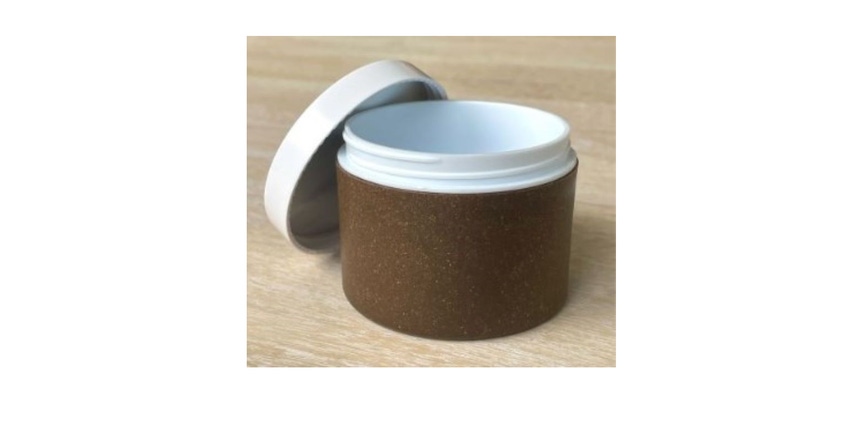Making Bioplastic from Ag Waste
PlantSwitch is replacing traditional petroleum-based plastics with compostable plastics made from plants.
November 9, 2023

PlantSwitch, a bioplastics company, recently moved its headquarters from Dallas, TX, to Sanford, NC, where it also opened a manufacturing facility.
The facility will turn at least 30 million pounds of agricultural waste into 50 million pounds of bioplastic pellets each year. That’s enough bioplastic to make about 5.7 billion compostable forks a year, according to the company.
Dillon Baxter, 26, and Maxime Blandin, 29, founded PlantSwitch four years ago with a goal of turning agriculture byproducts such as rice husks into pellets that can be processed into compostable plastic products. Although making plastic from plants is not new, the company has figured out how to overcome the cost and technology hurdles that have previously kept plant-based bioplastics from becoming mainstream.
“We use agricultural byproducts as our main feedstocks, which allows us to have a best-in-class blend of cost, performance, and sustainability,” said Baxter, CEO of PlantSwitch. “Our technical team has over 100 years of collective experience in polymer engineering, and brought a lot of prior knowledge to our development efforts.”
The company received a $4.9M US Department of Agriculture grant to work with farmers in North Carolina and Virginia. The USDA grant, which is part of the Partnerships for Climate-Smart Commodities initiative, will help accelerate the development of new bioplastics technologies. Baxter says that in addition to research and development, this grant money will be used to pay underserved farmers above-market rates to grow climate-smart commodities. These commodities can be used as a cover crop, providing an additional revenue stream to these farmers as well as increasing the efficiencies of their main crops.
Making bio-based materials that perform well and are cost-effective has been extremely challenging. PlantSwitch’s resin exhibits properties that closely resemble traditional plastics, making it useful for making a variety of products such as eating utensils, cosmetics containers and various consumer goods such as bottle caps, toothbrushes, and coffee pods.
Another challenge for bioplastics is that although many of them are compostable, they often require specialized commercial facilities to provide the right conditions for the plastic to breakdown. Products made from PlantSwitch’s resin can be composted in these facilities, but will also fully breakdown in backyard compost in less than 6 months.
PlantSwitch’s resin is a drop-in solution, meaning that plastics manufacturers can use their existing machines and processes to create plastic products.
“We were fortunate to have development partners on the conversion side who allowed us to run trials on their equipment from day one, so we have had constant customer feedback which has guided our process,” said Baxter.
PlantSwitch's new 50,000-sq.-ft manufacturing facility previously housed a traditional plastics manufacturer. The company is already producing small batches there and plans to begin commercial production early next year. Once fully operational around 50 people will be employed at the manufacturing site.
You May Also Like


